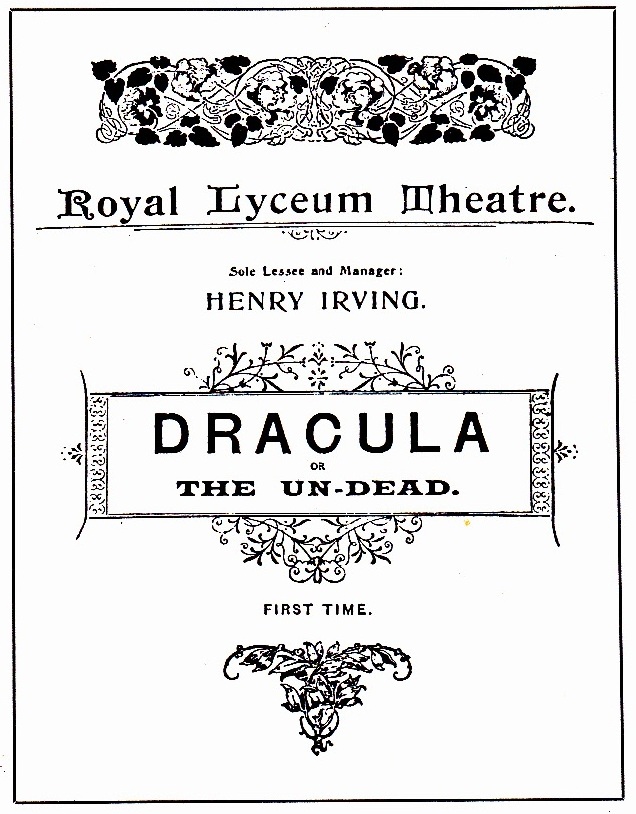Dracula

“Das Unheimliche”
A saying by Alfred Hitchcock perfectly encapsulates the book, this book: “There is no terror in the bang, only in the anticipation of it,” Dracula forgoes copious action for atmosphere and tension. It is a tale told through subtlety, and a strong pacing that weaves a powerful narrative that is light on morals.
Unlike lesser horror stories, Dracula does not commit the cardinal sin of merely introducing the Count as a suave, debonair, gentleman, and then suddenly reveal him as a monster. Early on, the niggling doubts about his employer gradually grow into intense, crippling, revelations, as Harker begins to witness surreal events:
“What I saw was the Count’s head coming out from the window. I did not see the face, but I knew the man by the neck and the movement of his back and arms…I was at first interested and somewhat amused, for it is wonderful how small a matter will interest and amuse a man when he is a prisoner. But my very feelings changed to repulsion and terror when I saw the whole man slowly emerge from the window and begin to crawl down the castle wall over the dreadful abyss, face down with his cloak spreading out around him like great wings. At first I could not believe my eyes. I thought it was some trick of the moonlight, some weird effect of shadow, but I kept looking and it could be no delusion.”
The reader is drawn into events that unfold from a single point of view, subjecting him/her to the narrator’s character as it becomes evident that something devilish lies in wait. It is the anticipation that captures the reader. The audience follows the characters and gradually feels as if they are Harker, Seward, or Mina. The reader of Dracula will be left with frightening images, not easy to dispel.
